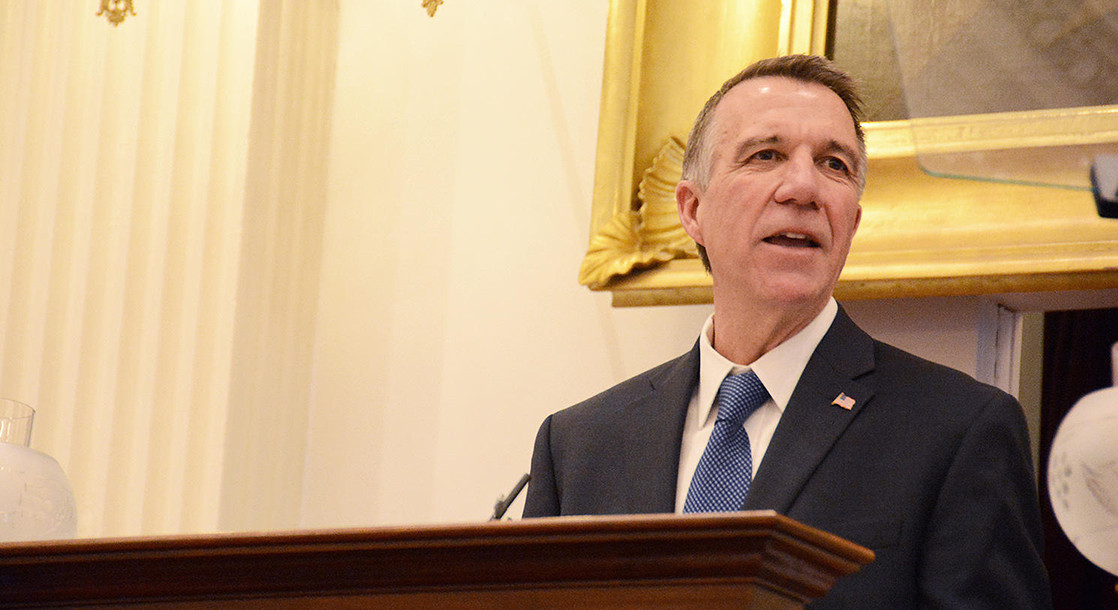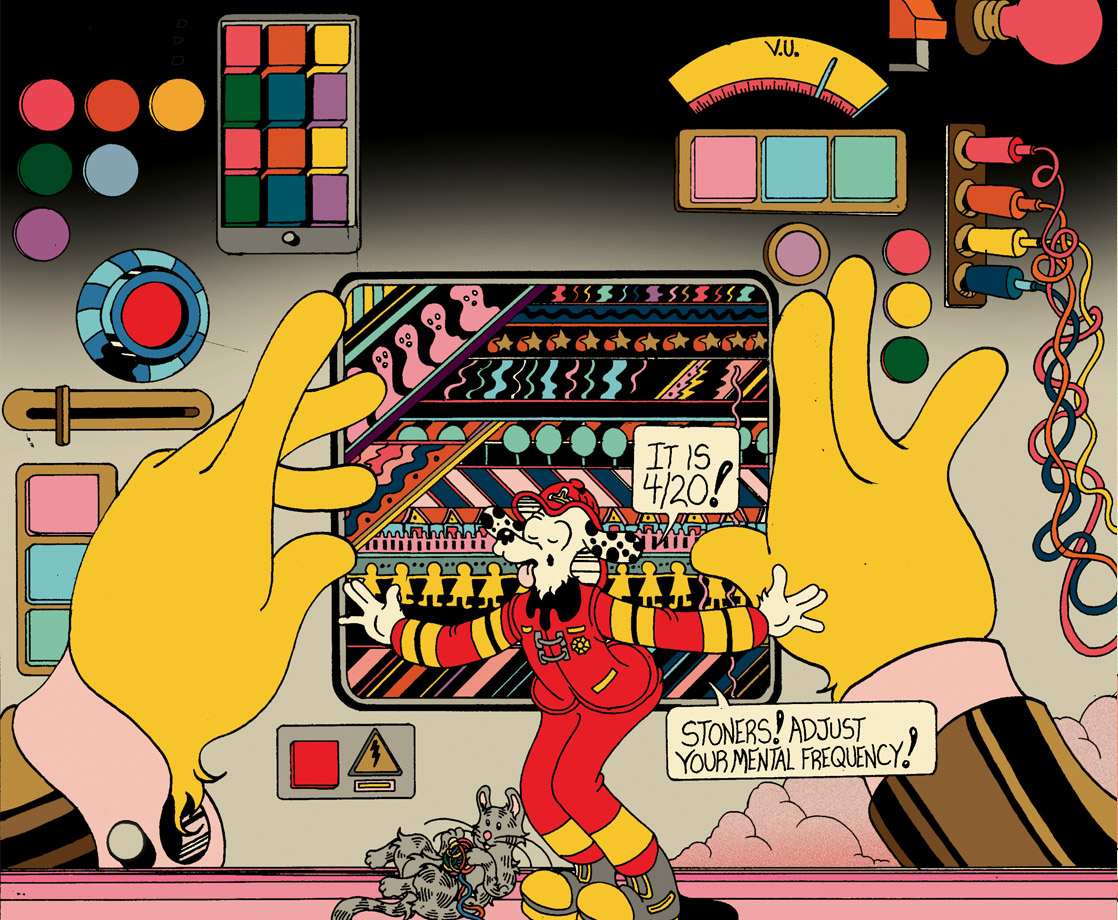In what would have been a historic moment for the cannabis movement, Vermont lawmakers worked diligently during the last few months to try and make the state the first to approve recreational marijuana through legislative channels rather than a popular vote. Unfortunately, Governor Phil Scott decided to veto the proposed measure over a handful of concerns, sending it back with suggestions that would ultimately garner his approval.
Although his qualms were addressed in a newly negotiated version of the bill, the Vermont House ended up striking down the revised measure, failing to push it through the narrow one-day window it was given. This killed the state’s chance of legalizing cannabis until at least the summer of 2018, leaving disappointed advocates to regroup and strategize for next year’s legislative session.
This week, Gov. Phill Scott stopped by Vermont Public Radio to discuss the sticky situation, and to provide clarification for some of his own actions that ultimately led to the demise of this legislation. A number of cannabis supporters called in to question the governor about why he vetoed the recreational cannabis bill, particularly when the state is in need of infrastructure funding and combatting an increasing opioid epidemic.
“I think it should take as long as it needs to. I think it should extend to a year. And I would advocate that let’s work on highway impairment, how do we keep our kids safe, and what do we do to protect the general public. If we’re going to do this, let’s do it right,” Gov. Scott explained.
He went on to claim that the bill is not dead, but instead on a “sabbatical” or a “summer vacation.” The governor promised that the proposal would be discussed on the House floor almost immediately during the next legislative session.
Scott also seemed to deflect some of the blame for the bill’s failure onto local lawmakers, stating that both Democrats and Republicans could have overturned his veto and or voted to pass the revised bill had they truly wanted to. Additionally, he expressed his intention to develop a proper commission and put the right regulations into place.
“I know the advocates are disappointed, but this doesn’t go away. Again, this is going to have another day, live for another day. It’ll be right there waiting for us in January, and you won’t have to go through another lengthy vote and negotiation,” Gov. Scott said.
During the program, Gov. Scott also touched on issues such as health care for educators, protecting freedom of press, senior citizens, along with other important statewide issues that were on the table this past year. You can listen to the full VPR interview here.











